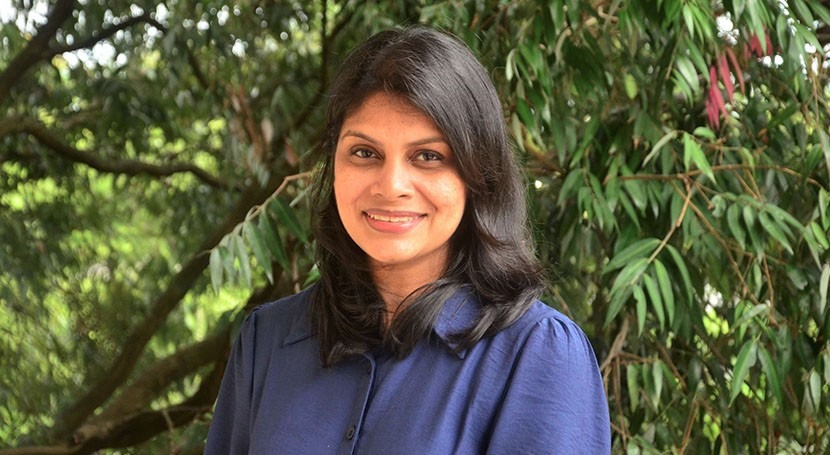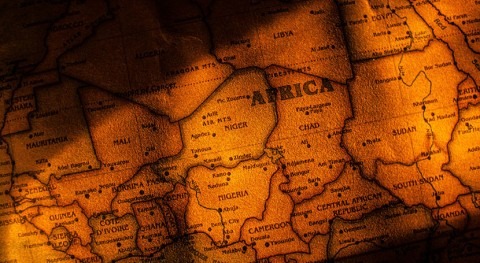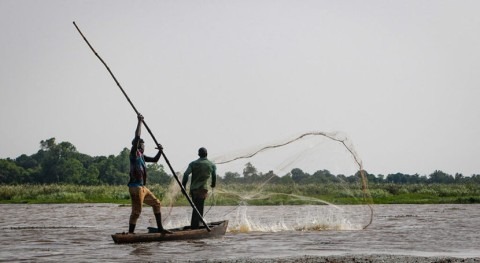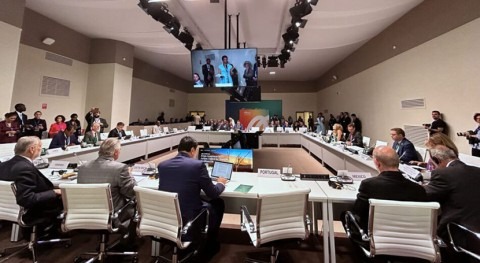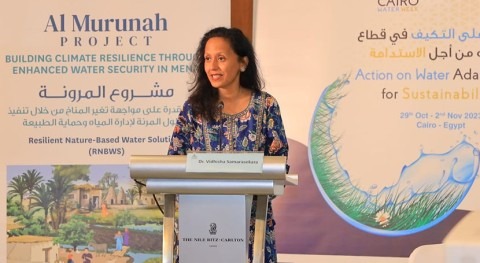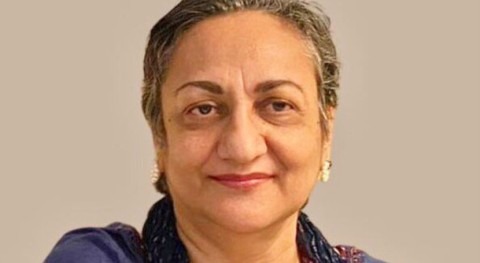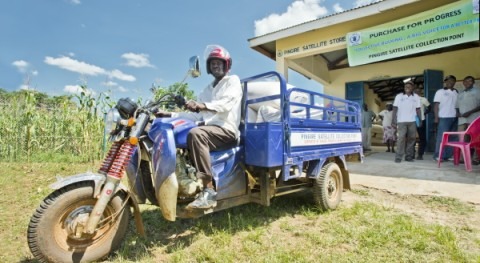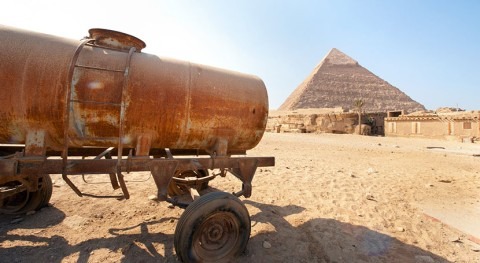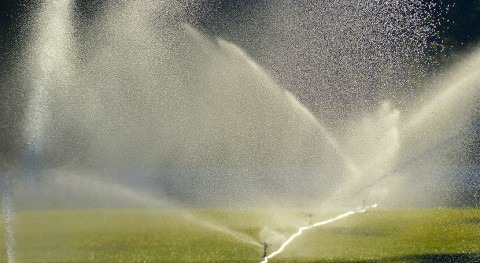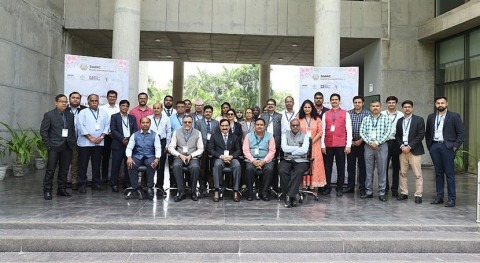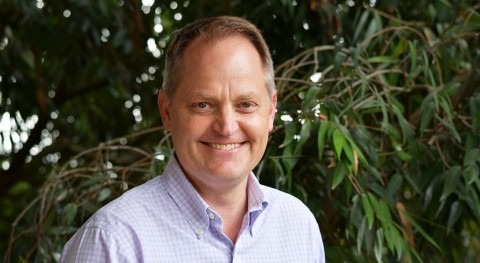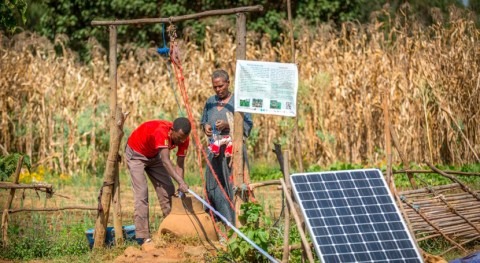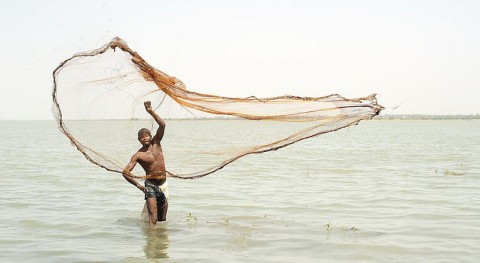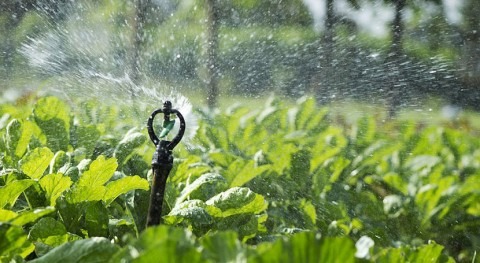With a global network of scientists working in over 30 countries, the International Water Management Institute (IWMI) is a non-profit water management research organisation with a clear strategy to make “a water-secure world.” To achieve this goal, communication is key. In this interview, we speak with Niroshini Fernando, Deputy Head of Communication and Knowledge Management at IWMI, about her vision for a successful communications plan.
How do you think communication in the water sector has evolved in recent years?
We can talk about the developments in technology that have really changed how we communicate about water, from social media, VR, and AI to real-time data.
But for me, the most significant evolution is that water researchers are starting to get interested in communications. It’s not happening fast enough, but certainly, we are seeing researchers getting more active on social media channels for example, promoting their research, contributing to conversations and being more engaged in knowledge sharing across different platforms. This is a big leap forward; water communication definitely needs the support of researchers who can champion the science we are talking about and can address misinformation around this sector.
I think another way communication has evolved is how the stories are told and the narrative is built– it is no longer so much about the organization’s own stories, but more about telling stories that matter to the audiences. This has catalyzed more inclusive communications on water and compelled us to actively look for what resonates with our specific audiences. And that goes a long way in demystifying our research.
Why do you think it is important to communicate about water?
It’s simple, there is no substitute for water. It’s no longer just raising awareness about water, now it’s about catalyzing action and doing things differently in how we think about water and manage it. So effectively communicating about the challenges related to water but also about the evidence-based solutions, such as what my organization IWMI develops through its research, can really provide that impetus for action by policymakers, communities, donors, young people, the private sector and the international community.
There are many untold or unheard stories related to water, innovations, indigenous knowledge, community science and advocacy; and also speaking from my own line of work, untold stories related in particular to water-related research. There are also more voices that need to be heard in the telling of the water story, so communication can be the vehicle for all of this. Today, with the available technologies for communications, there are better opportunities for enhanced collaboration across silos and for innovation, to increase visibility for water, promote knowledge management and better community and stakeholder engagement for the sustainable management of water.
Water is intrinsically linked to many of the global challenges we face today. And to show how they intersect through water, how those dots connect is why we need to communicate more effectively. Particularly in this era of misinformation and disinformation, communicating about water can not only be an educational tool, but it can also facilitate trust-building and informed decision-making.
What are the most challenging aspects of communicating water-related research?
We need to be able to tell a powerful story with our research, but the main challenge is the complexity of that research. Scientific jargon, models, data and technical concepts can be quite difficult to translate into engaging messages for different audiences.
We’ve mentioned water being a resource that cuts across sectors and also disciplines, and that in itself is another challenge. It’s probably a little easier to just focus communications on one sector at a time, like WASH for example, but that approach further underpins the siloed nature of water communications. At IWMI, our researchers work to address these knowledge gaps across the various disciplines, which really helps us in our communications to see that ‘big picture’ and talk about it.
To this point, I do believe that scientists and researchers in the water sector are seeing the value of integrating communication into their research from the beginning. This is certainly true of IWMI. They are acknowledging more and more that communications should not be an afterthought or considered just at the tail end of their research project. And this is how communicators and researchers together can address the challenges of translating complex science into communications that are both accurate and impactful. A collaborative space for research and communications provides opportunities to learn from one another – the two don’t need to be mutually exclusive. Water research organizations really must invest in increasing their communications capacity.
Another challenge is that the water sector is somewhat risk-averse to doing more innovative or bold communications. I think there’s a perception or fear that communication efforts will end up oversimplifying the research and that the message can only be done through complex data or language. But as I said earlier, researchers and communicators can work together to find a good balance between using data and concepts with engaging content and storytelling.
What would you tell new or aspiring water communicators?
I would say don’t be afraid to start in this field – take the plunge! (pun intended). It is really an opportunity to make an impact, to talk about the important issues. We need more communicators to work in the water sector and be water champions. I’d worked in the development sector for over 10 years prior to joining IWMI, and I must confess I knew very little about research for development or the water sector. But since then, my interest in water has grown, and I see how important communication is in shaping the water narrative. I’m far from being an expert, but I am learning every day from my team and from the amazing researchers we work with. It has really changed the way I think and talk about water. There’s scope for lots of exciting ways to communicate about water, so I do encourage aspiring communicators to join the sector and contribute.
Who or what organization inspires you when it comes to ways of communicating?
There are several but I particularly like the content of the International Federation of Red Cross and Red Crescent Societies (IFRC) and the ICRC. I think they’ve successfully and consistently used the current platforms and technology to reach different audiences and elicit empathy and action. They tell not just their audiences’ story but also successfully tell their organization’s story and that of their brand. Their value proposition is evident across all their communications.


